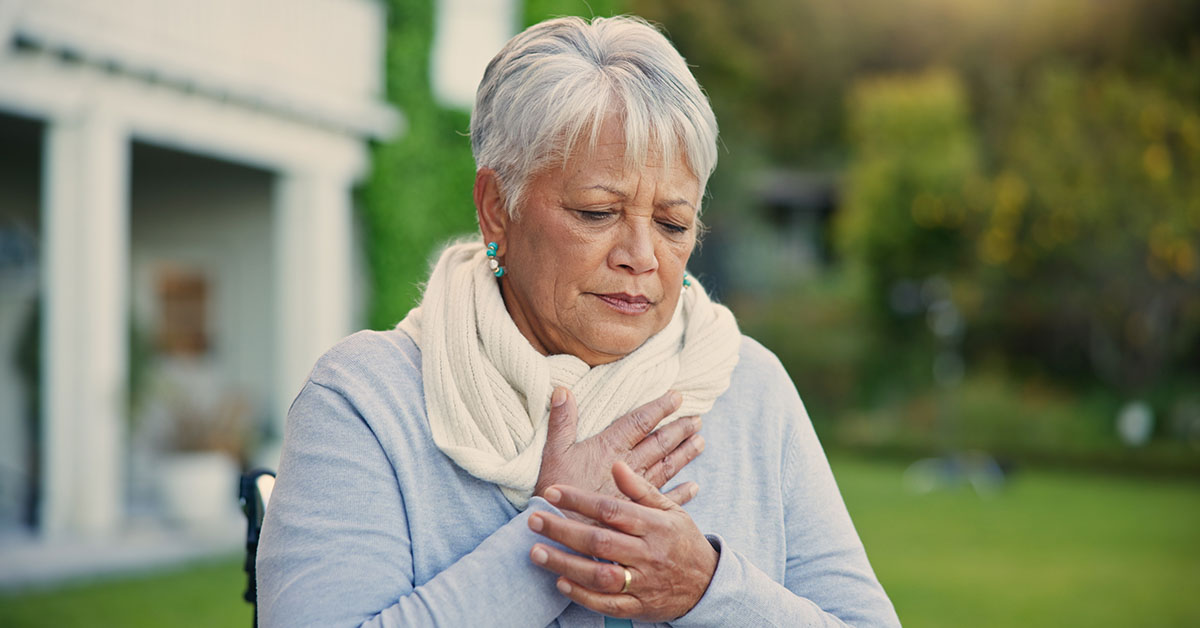Life is never the same after a heart attack. The medical care that follows often includes diet and lifestyle advice to prevent another cardiovascular event in the future. However, a new study indicates that doctors shouldn’t end there. Many heart attack survivors may benefit from emotional and mental health care as well.
Depression and Anxiety After a Heart Attack
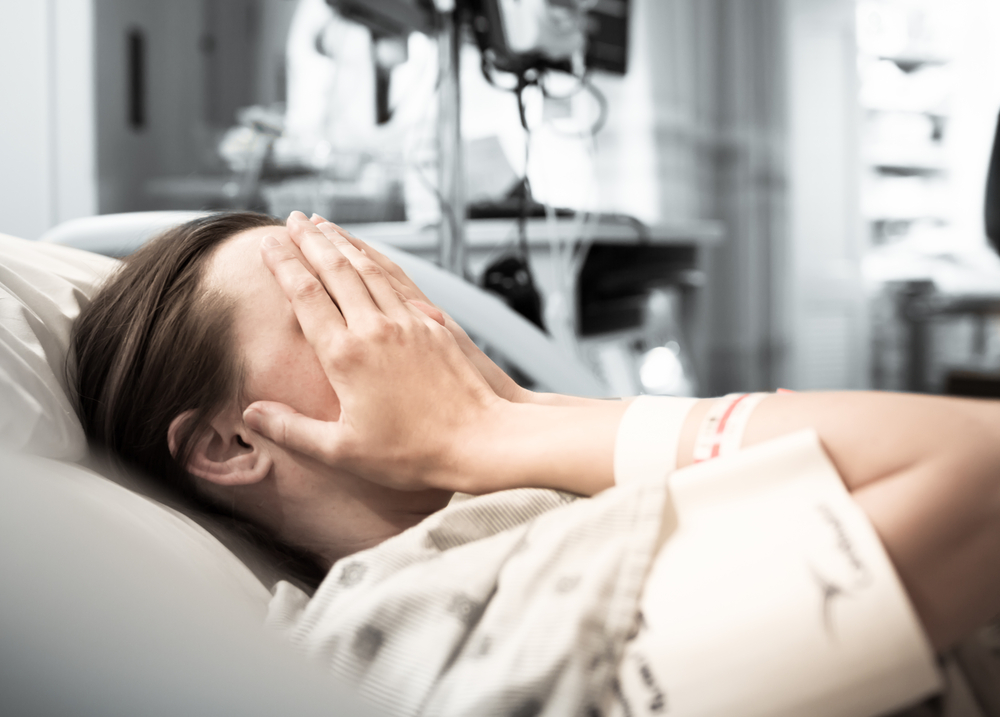
According to research published in the journal Circulation: Cardiovascular Quality and Outcomes, women are more likely than men to take medications to help with depression or anxiety after a heart attack. The team analyzed data from 996 men and 259 women living in the Netherlands, an average age of 53, who had an out-of-hospital cardiac arrest (OHCA) between 2009 and 2015. They then examined the effect of the event on their socioeconomic status and mental health.
When comparing their numbers to the rest of the population, the team found that more women take these medications after a heart attack than women in general. In fact, in the first year after an OHCA, there was a 50% rise in antidepressant use for women. After five years, this changed to a 20% increase of these types of prescriptions.
“We recommend monitoring of social and mental well-being in individuals who survived an OHCA, not just directly after the event but also in the long-term,” said the study’s first author, Dr. Robin Smits. “This seems particularly relevant in women but will likely also benefit men.”
Read More: Study Suggests These 4 Traits May Increase Early Heart Attack Risk
The Link Between Heart and Mental Health
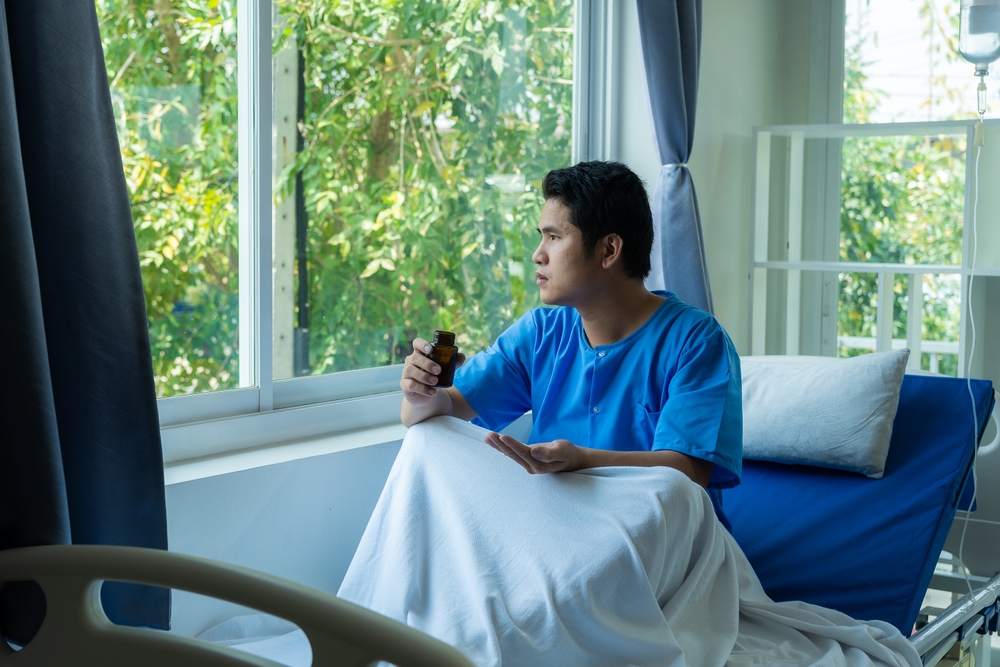
“Mental health and stress make cardiac events worse and more frequent, and we know that cardiac events make mental health worse,” says Dr. Andrew Freeman, director of cardiovascular prevention and wellness at National Jewish Health in Denver, who was not involved in the research.
According to the American Heart Association, one in five people who had gone to the hospital for a heart attack or chest pain later experienced major depression. That’s four times more likely compared to the general population. Other studies showed that one in three stroke survivors develop depression, as do up to 50% of people who underwent heart bypass surgery.
Just the Beginning

Therefore, this study has just skimmed the surface when it comes to the correlation between poor heart health and poor mental health. For instance, the data focused on how many people had prescriptions for anxiety or depression medication. But that doesn’t mean that they were the only ones experiencing anxiety, depression, or even post-traumatic stress disorder (PTSD).
“The results may also in part reflect that men may less often seek care for mental health and are perhaps less frequently assessed and prescribed medication,” Smits said. “Moreover, the data do not fully reflect lived experience, such as forced changes in job responsibilities or effect in other areas of life.”
Additionally, according to a study from the World Health Organization, physicians are more likely to diagnose depression in women than men, even when they report identical symptoms. Plus, women are more likely to be prescribed psychotropic medication than men, according to the same study.
But keep in mind, a study from MindTheHeart Project Team, indicated that mental health issues are common after a cardiac event and often go undiagnosed, especially in men. This is especially concerning since research confirms that depression and PTSD (a type of anxiety disorder) can worsen the prognosis for people who have already experienced heart failure.
Emotional Wellbeing After a Heart Attack

Therefore, doctors and loved ones of heart attack survivors should initiate a dialogue about mental wellness. “Is there a strategy that we should be taking that’s more proactive after people have a cardiac arrest, to sort of make sure that they’re back on their feet, that they understand that they are amazing survivors in many cases?” Freeman said.
Fortunately, past research showed that regular exercise, good sleep, and cognitive behavioral therapy, among other tools, are beneficial to improving and managing emotional wellbeing. However, people need to be aware of their mental health after a cardiovascular event, whether they may be exhibiting symptoms of depression, anxiety, or PTSD. “As a physician, how do we help people avoid or treat these problems as they arise?” said Freeman. “Or even before they arise?”
Reduce the Risk of Another Heart Attack

In addition to caring for their mental and emotional well-being, there are other ways heart attack survivors can reduce the risk of another event. Namely, by managing other underlying health conditions. Diabetes, high cholesterol, and high blood pressure increase the risk, so speak with a health professional on how best to treat them.
Take Medication Regularly
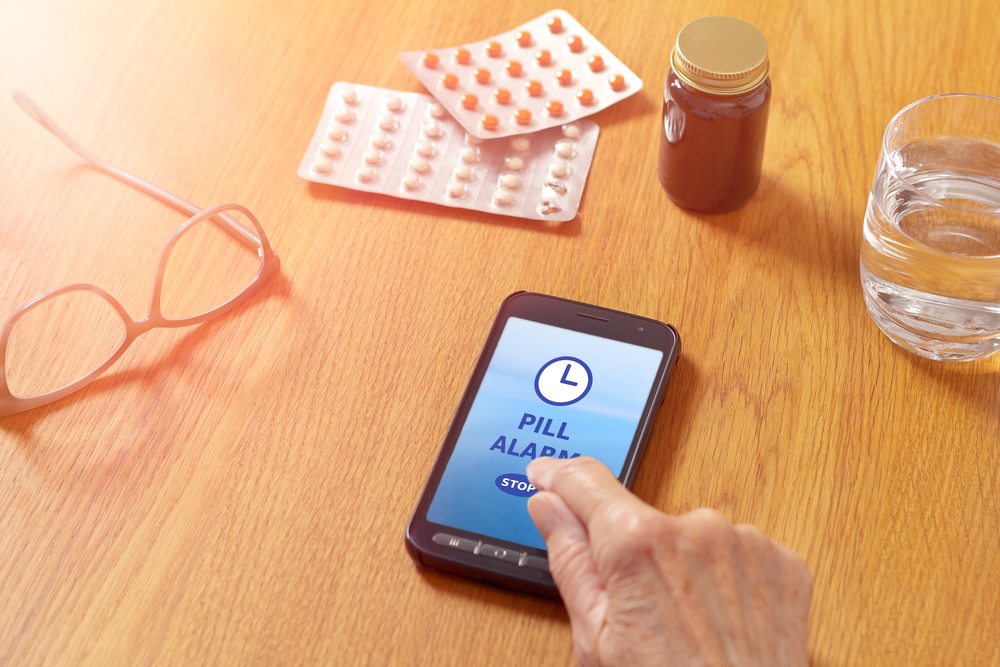
Incorporate taking prescribed medications into your schedule according to your doctor’s directions. Medicines that can help prevent another heart attack include anti-platelet medicines like aspirin, statins to lower cholesterol, beta-blockers, and ACE inhibitors to lower blood pressure.
Try Cardiac Rehabilitation
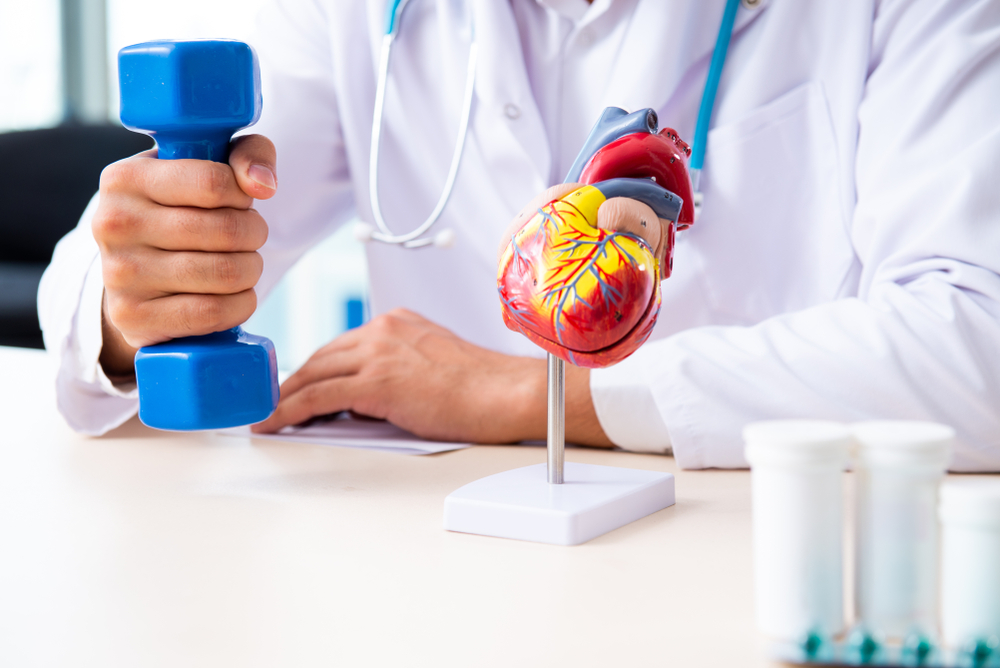
Cardiac rehabilitation programs are designed to help heart attack survivors recover from the event and learn how to prevent another one. Their purpose is to support participants while they build a healthy lifestyle and get accustomed to a post-cardiac-event reality.
Stop Smoking
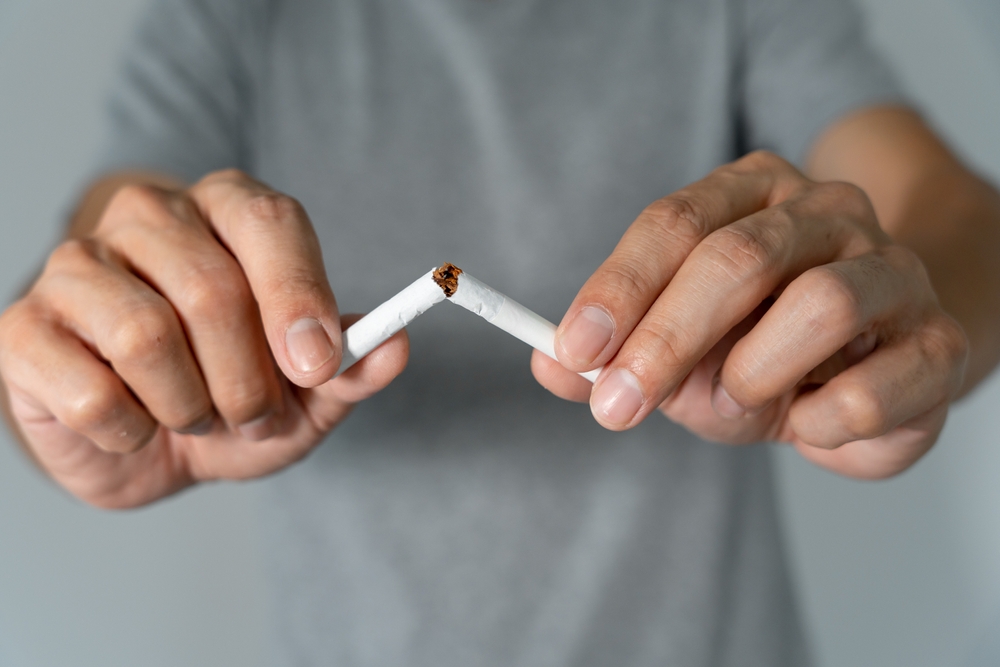
Lung diseases aren’t the only potential effect of smoking. The habit can double the risk of a heart attack, making it the biggest preventable risk factor when it comes to cardiovascular disease. So speak with your doctor about programs and products that may help you quit. Additionally, avoid second-hand smoke when possible.
Improve Diet

Diet has a huge impact on overall health, especially when it comes to the heart. So avoid foods with trans fats and reduce intake of saturated fats to lower LDL cholesterol levels and triglyceride levels; that includes margarine, fries, donuts, cookies, crackers, and other snack foods with partially hydrogenated oils. Plus, avoid alcohol, which can raise blood pressure, or limit your consumption to two drinks a day if you’re a man or one if you’re a woman. Focus instead on nutrient-rich foods like vegetables, fruits, whole grains, low-fat dairy products, fish, nuts, legumes, and skinless poultry.
Exercise Regularly

Exercise is vital for a number of reasons. First, it strengthens the muscles in the heart. It also helps with weight management, with obesity being another contributor to poor heart health. So aim to work out for at least half an hour a day for most days of the week. Additionally, regular exercise raises energy levels and lowers cholesterol levels. Moreover, it can help reduce stress, which in turn lowers blood pressure, and improves your mood.
Read More: Big Thighs Associated With Lowered Risk of Stroke and Heart Attack
Sources
- “Mental Health Disparities: Women’s Mental Health.” APA. Misty Richards, M.D., Maureen Sayres Van Niel, M.D. 2017
- “What a doctor needs to check after cardiac arrest, according to new research.” CNN. Madeline Holcombe. July 10, 2024
- “Long-Term Socioeconomic and Mental Health Changes After Out-of-Hospital Cardiac Arrest in Women and Men.” Circulation: Cardiovascular Quality and Outcomes. Robin L.A. Smits, MSc. July 8, 2024
- “Understanding men’s psychological reactions and experience following a cardiac event.” BMJ Journals. Jalila Jbilou.
- Treating Depression and Anxiety Alongside Heart Failure.” WebMD. Julie Marks. “ December 18, 2023
- “Life After a Heart Attack.” American Heart Association. October 5, 2023
- “Preventing a Second Heart Attack.” URMC.
- “Heart Attack: How to Prevent Another One.” Columbia Doctors. June 24, 2023
